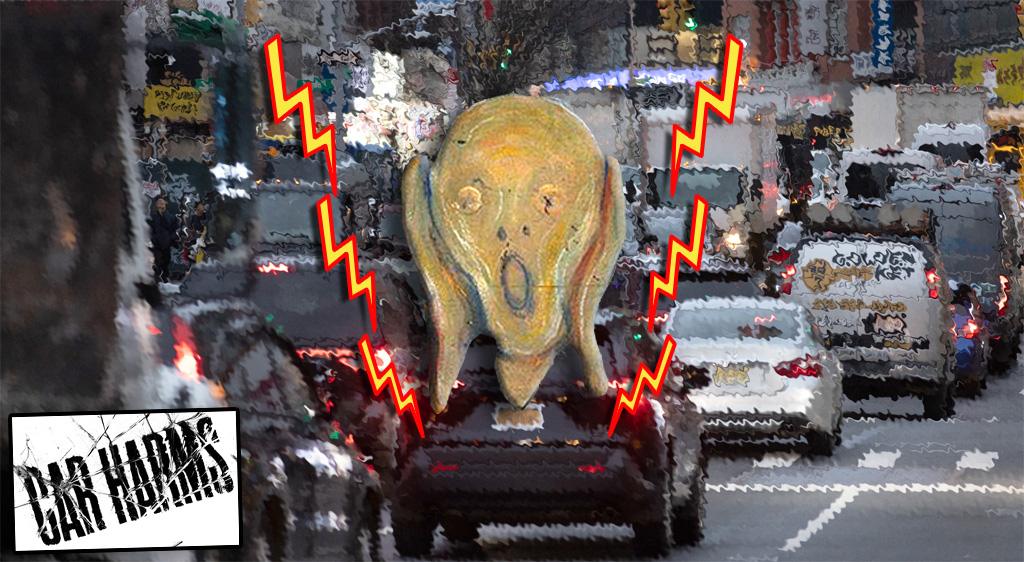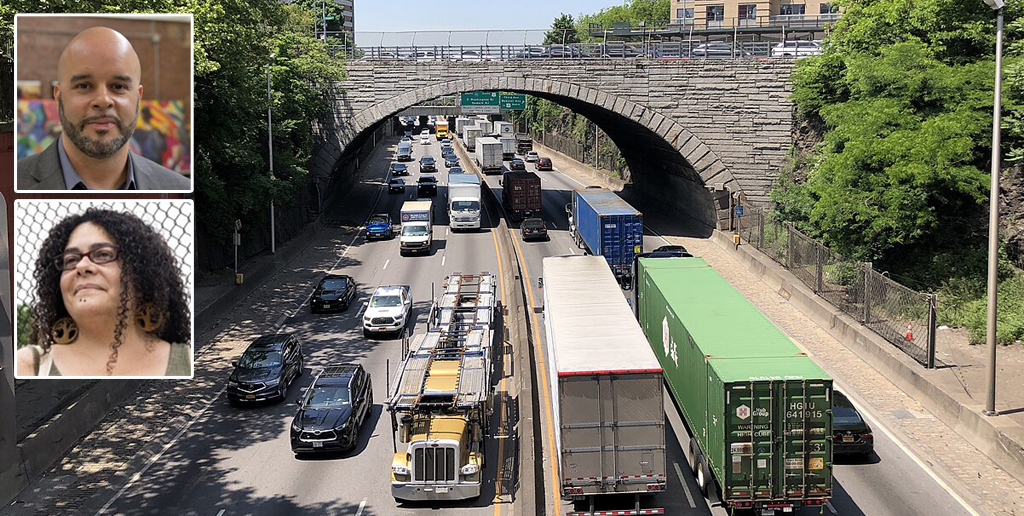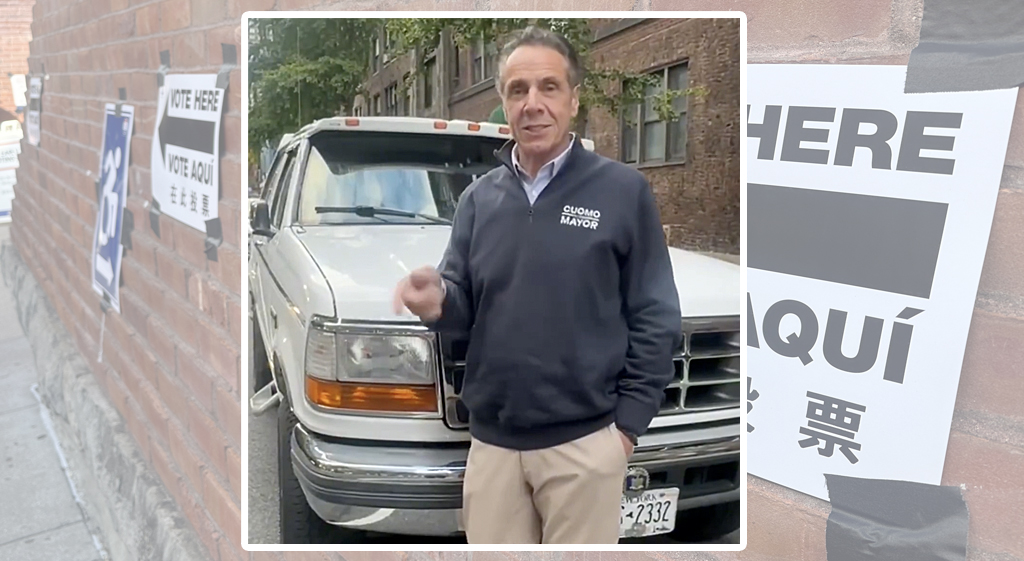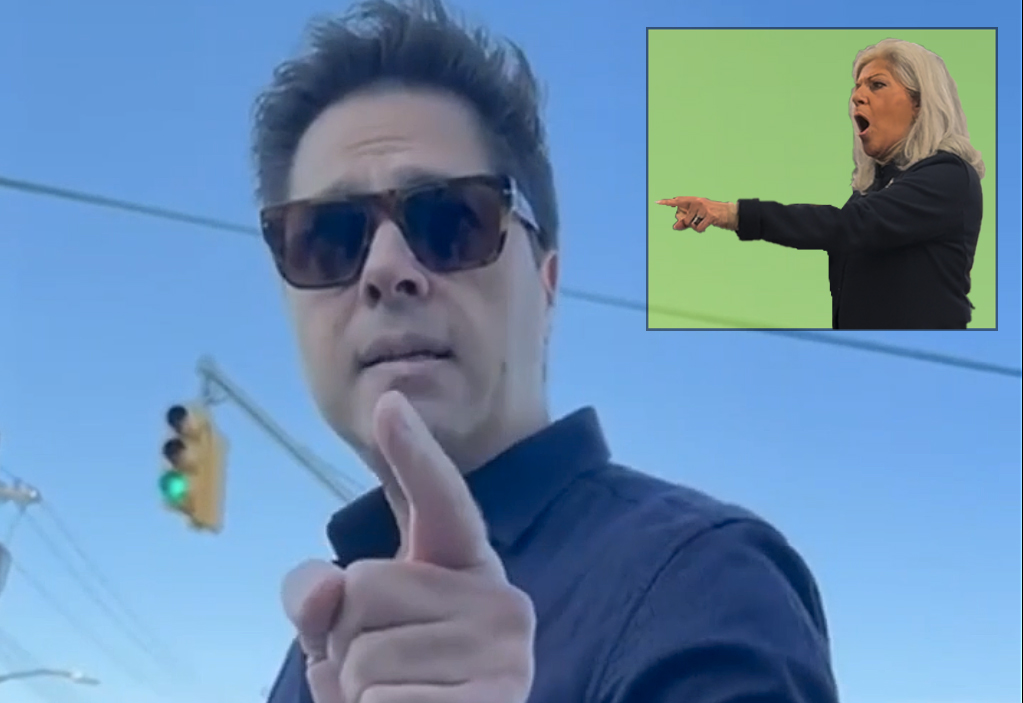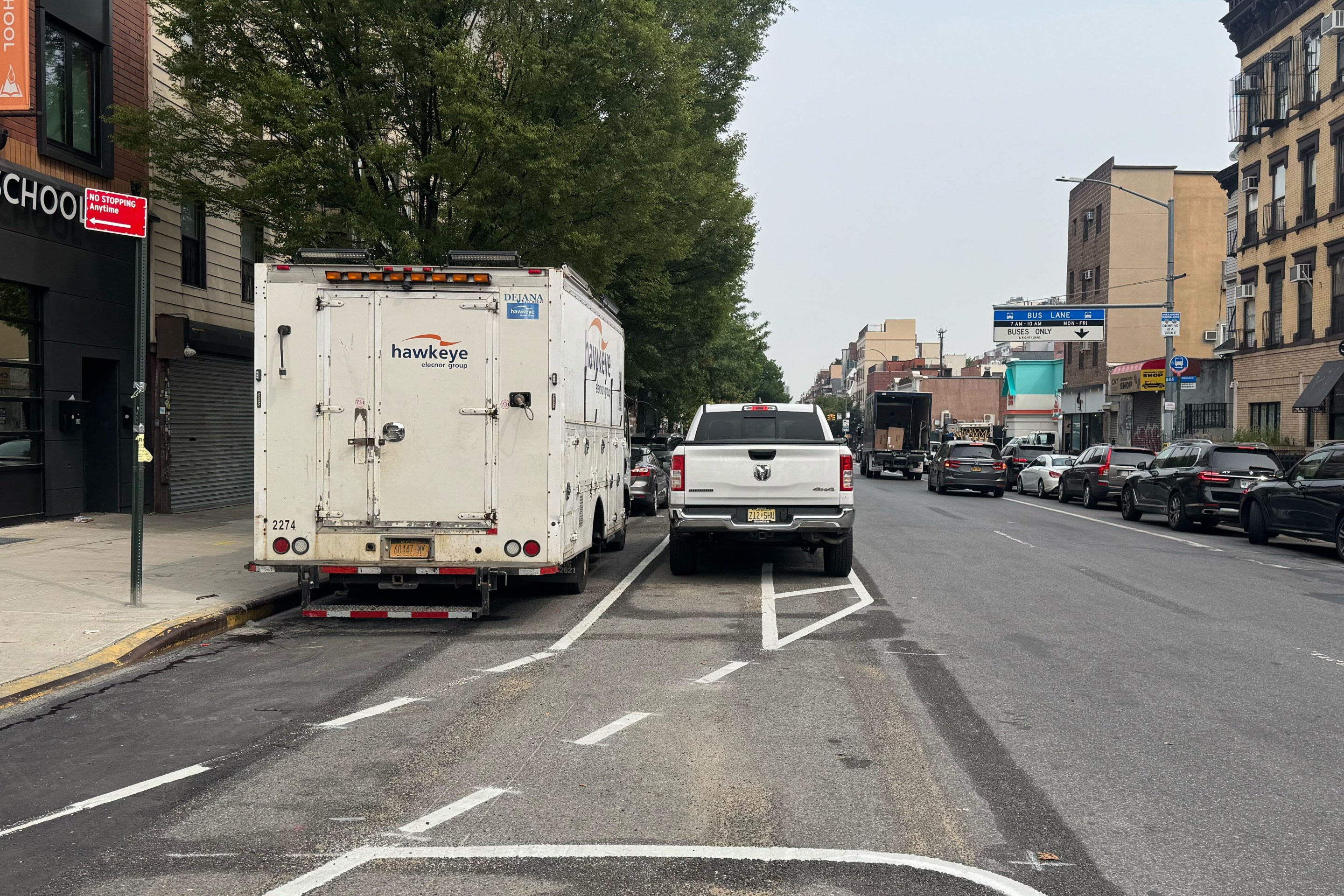All-door boarding could significantly speed up bus rides for millions of New Yorkers, but MTA officials have refused to endorse it as citywide practice, citing "the very real threat of fare evasion."
Transit agencies in other cities, meanwhile, aren't hiding behind that excuse.
Speaking at TransitCenter last night, transportation officials from Boston, San Francisco, London, and Oslo shared how their agencies put the rider experience at the center of fare modernization efforts. They see the possibilities to provide fast, convenient service, and they are seizing them.
"Fare payment isn't the point of running a bus system, [the point] is getting people to the places they want to get to," said David Block-Schachter, the chief technology officer at the Massachusetts Bay Transportation Authority, which like the MTA is currently accepting proposals for a new fare payment system.
Unlike the MTA, however, MBTA is making sure its fare collection upgrade makes all-door boarding "inevitable," Block-Schachter said. "Our solution is putting the technology in place to enable those policy decisions to be made further down the line."
Over the summer, the MTA began the procurement process for its next generation fare payment system, which it hopes to roll out incrementally starting in 2018. All-door boarding has already sped up buses on the MTA's Select Bus Service routes, but today's MetroCard technology requires expensive machines for off-board collection. The MTA has said "operational and cost implications," in addition to fare evasion, could prevent all-door boarding system-wide.
Cost-effectiveness is, of course, no less a concern in San Francisco, London, and Oslo -- cities that have already modernized their fare collection systems. Those cities also take a very different view of fare evasion and enforcement than NYC, where subway fare evasion was the top arrest in 2015.
In London, which has done away with cash payments entirely, revenue inspection officers don't even give out tickets, according to Transport for London Head of Business Development Matthew Hudson. If riders consistently avoid fare payment, they'll be fined, and maybe even prosecuted, but punishing lower-level offenders is not a TfL priority.
Ultimately, Hudson said, the hands-off approach to fare evasion helps build trust in TfL as a whole, which makes riders more willing to pay fares in the first place.
"You can sit there and go through all the revenue protection measures you like, but [some] people are not going to pay," he told Streetsblog. "Even if you, for instance, gated all the bus entries or something, they're probably not going to travel then. Have you really missed out on revenue?"
"You do need to do enough checks that you're keeping honest people honest," SFMTA's Julie Kirschbaum said, but fare enforcement training in San Francisco has focused on de-escalation and inter-cultural communication. The city also decriminalized fare-beating, putting the penalty in line with that of a parking ticket.
The MTA could stand to gain a lot from a shift in priorities, said TransitCenter's Jon Orcutt. "When you stop worrying about fare evasion, but you focus on the convenience of the fare system -- you focus on the service it provides to the rider -- it opens up a lot of options for the agency, which could allow you to offer better service at lower cost."
One of the rider-friendly fare innovations in London, for instance, automatically grants people a monthly pass if they rack up an equivalent amount in single-ride fares. TfL was also able to save £26 million annually by eliminating cash collection on buses, after cash payments dropped to 0.6 percent of all fares.
New Yorkers could have faster transit, less police harassment, and a more convenient fare system too, if the MTA follows the lead of these agencies and gets out of its own way.

